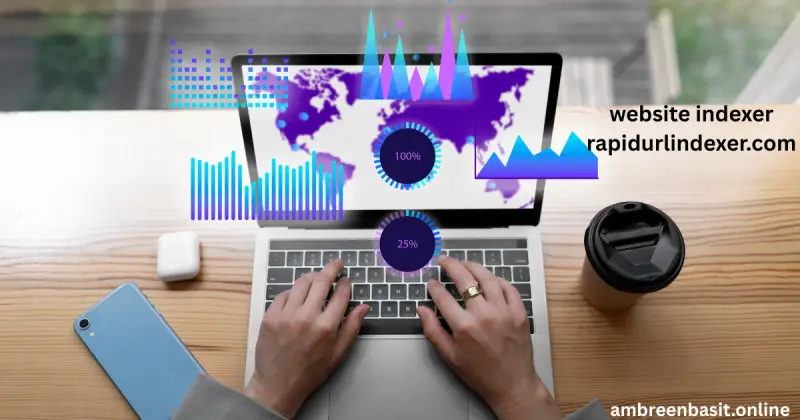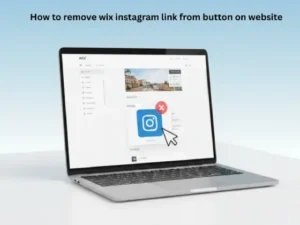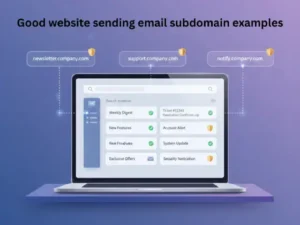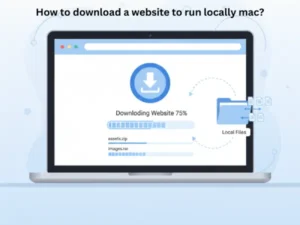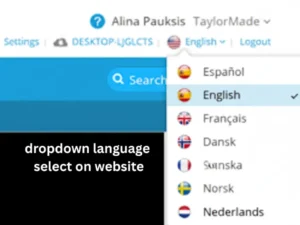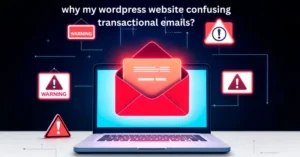If you have ever published a new blog post or launched a fresh website, you probably know the frustration.
You hit publish… and then you wait.
Sometimes Google picks up your page in a day. Other times, it takes weeks.
For small websites and new bloggers, that waiting period feels endless.
This is where a website indexer like RapidURLIndexer.com can change the game.
Here’s what we’re covering: how indexing really works, what Rapid URL Indexer does (and doesn’t do), and the stuff nobody tells you upfront. I’ll also share realistic timelines, compare it to other tools, help you troubleshoot when things go wrong, and break down whether the investment pays off.
What is a Website Indexer?
A website indexer is a tool that helps your webpages appear in Google’s index faster.
Think of Google like a giant library. Crawlers are the librarians, and indexing is when they decide whether your book belongs on the shelf. If your site is not indexed, no one can find it in search.
Now, RapidURLIndexer.com is one such tool. It is designed to speed up the process by submitting your URLs directly in ways that Google’s crawlers can discover more quickly.
The company claims a 91% average indexing success rate across hundreds of thousands of URLs. That’s a strong number compared to traditional methods where indexing could take weeks.
In case you are also curious about how this tool works for backlinks specifically, I’ve written a separate guide on backlinks.
How Website Indexing Actually Works
Before we jump deeper, let’s quickly understand how indexing happens.
Google first crawls a webpage with its bots. Then it tries to render the content (look at the text, images, scripts). If the page is useful, it gets indexed into the search database. Finally, ranking happens based on hundreds of signals like quality, links, and relevance.
Normally, you can ask Google to index your page through Search Console. But that doesn’t always work quickly. Sometimes crawlers take days or even weeks to revisit your site.
This is why tools like Rapid URL Indexer exist. They use signals, API requests, and multiple submission methods to make crawlers notice your URLs sooner.
For example, instead of waiting for Google to stumble upon your new product page, you can nudge it with RapidURLIndexer so it appears in the index within days.
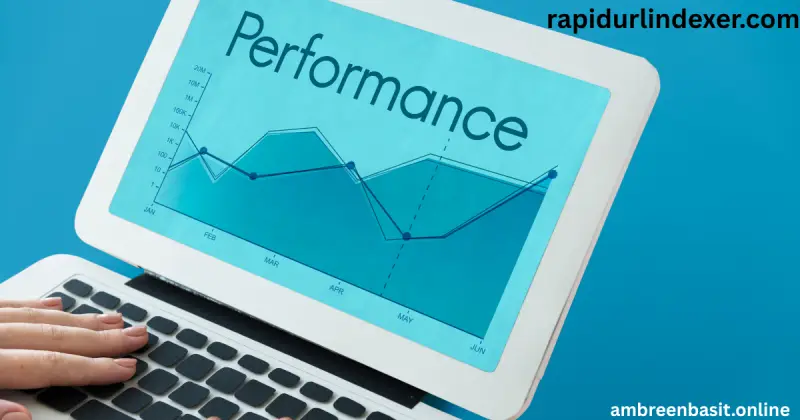
How Do I Reindex My Website?
This is a question many site owners ask.
If your site or page is not showing up, here’s a simple step-by-step method:
- Check technical issues first – make sure your page is not blocked by robots.txt or “noindex” tags.
- Use Google Search Console – paste your URL in the “URL Inspection” tool and click Request Indexing.
- Submit your sitemap – this helps Google understand your site structure.
- Use a website indexer like RapidURLIndexer.com – especially if the page is urgent (like a press release or product launch).
- Verify results – check back in Search Console to see if the page is indexed.
So yes, you can reindex your site. But if you want it faster, a tool like Rapid URL Indexer is often worth considering.
How Do You Check if a Website is Indexing?
There are a few quick ways:
- Google Search Console: Paste your URL into the inspection bar. It will tell you if the page is indexed.
- site: search: In Google, type
site:yourdomain.com/page-url. If it shows up, it’s indexed. - Third-party index checkers: Tools like DupliChecker let you bulk check multiple URLs.
- Traffic data: If the page starts getting impressions in Search Console, that’s proof of indexing.
Keep in mind, the site: operator is not always 100% accurate. Search Console remains the best method.
Can My Website Be Indexed?
The short answer: Yes, almost any website can be indexed.
But Google may refuse to index certain pages. For example:
- Pages with thin content (very little text).
- Duplicate content copied from elsewhere.
- Pages blocked by robots.txt or meta noindex tags.
- Spammy or low-quality content.
If your site has unique, useful, and crawlable content, then indexing is usually not a problem. Tools like RapidURLIndexer.com just speed up the process.
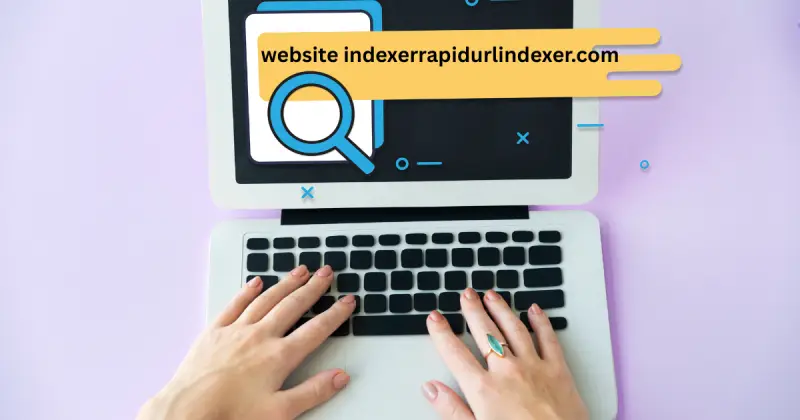
Real Timelines: How Long Does Indexing Take?
Here’s where most bloggers get confused.
- For a new domain with little authority, indexing can take 7–14 days or even longer.
- For an established website, new posts often get indexed within 24–48 hours.
- With RapidURLIndexer.com, users report seeing results in as little as 1–3 days for priority URLs.
Example:
Imagine you launched an ecommerce store with 100 product pages. Without help, some products might remain unindexed for weeks. But if you feed those URLs to Rapid URL Indexer, a large percentage may appear in Google within days.
That speed makes a difference, especially if you are competing in a seasonal niche like fashion sales or holiday products.
Comparing RapidURLIndexer.com with Alternatives
There are many indexing tools out there. Here’s a simple comparison:
| Feature | RapidURLIndexer.com | IndexMeNow | SpeedLinks |
|---|---|---|---|
| Indexing Rate | 91% average | 80–85% average | ~70% |
| Refund Policy | Refund if not indexed in 14 days | No refunds | No refunds |
| GSC Required | No | No | Yes (sometimes) |
| WordPress Plugin | Yes | No | No |
| Pricing | $25 for 500 URLs (~$0.05 per URL) | $49 for 250 links | Subscription based |
From this table, Rapid URL Indexer looks more cost-effective for most small website owners.
Why URLs Sometimes Don’t Index
Even with the best tool, not every page gets indexed. Here are common reasons:
- Thin content: Google skips pages with very little value.
- Canonical conflicts: If another page is marked as the main version, your URL may be ignored.
- Robots or meta noindex: A simple tag can block indexing.
- Server errors: If your site is down or slow when crawlers visit.
- Spam signals: Over-optimized or low-quality links pointing to the page.
The good news is Rapid URL Indexer refunds credits for URLs not indexed within 14 days. That way, you don’t waste money.
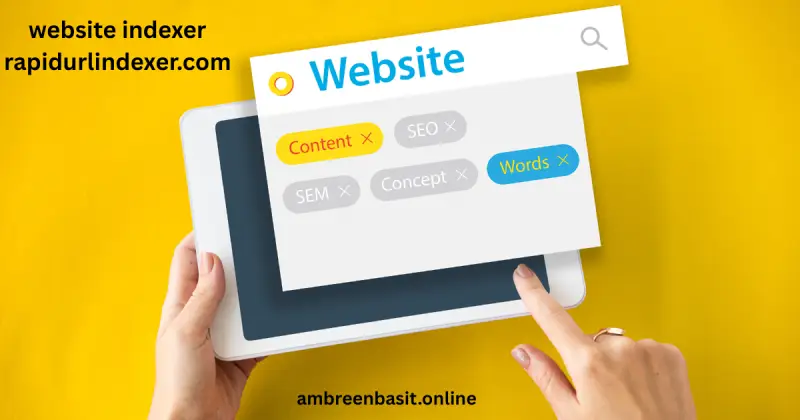
Cost vs Benefit: Is It Worth Paying for Indexing?
Let’s break it down with numbers.
Rapid URL Indexer charges about $0.05 per URL.
- If you have 500 URLs, the cost is 500 × 0.05 = $25.
- If you run an ecommerce site with 5,000 products, the cost would be $250.
Now compare that to potential gains.
If even one product page gets indexed quickly and ranks, it could bring sales worth far more than $25.
For agencies, the ROI is even bigger. Imagine indexing 2,000 client backlinks for $100. That could help boost multiple client rankings and earn thousands in recurring fees.
So yes, in most cases, it’s worth it. But be strategic: don’t index low-value or duplicate pages. Focus on important content.
Security, Privacy & Safety
One question people often ask: Is it safe to use an indexer?
Rapid URL Indexer claims it does not require your Google Search Console access, which is good for privacy. Instead, you only need to submit URLs.
However, caution is important. Avoid indexing poor-quality pages, because once they are in Google’s system, they can drag down your site reputation.
Stick to indexing valuable, original, and SEO-friendly pages.
For safety, also review Google’s guidelines. They clearly state that only high-quality content should be pushed for indexing.
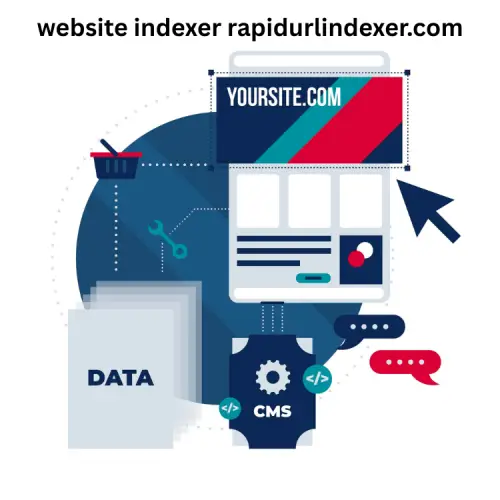
Best Practices for Using RapidURLIndexer.com
Here’s a simple workflow to follow:
- Create strong content – at least 600–800 words with unique insights.
- Check technical health – make sure robots.txt and canonical tags are correct.
- Publish the page.
- Submit in Google Search Console.
- Queue it in Rapid URL Indexer – especially if it’s urgent or high-value.
- Track progress – use Search Console to confirm indexing.
- Update content regularly – keep pages fresh to maintain ranking.
This routine ensures you get the best of both worlds: Google’s natural process + the speed of an indexer.
Frequently Asked Questions
1. What is website indexing Rapid URL Indexer?
It’s a tool that speeds up the process of getting your pages into Google’s index. Unlike manual methods, it can index pages within days with a reported 91% success rate.
2. How do I reindex my website?
You can use Google Search Console’s URL Inspection tool or use a website indexer like RapidURLIndexer.com for faster results.
3. How do you check if a website is indexing?
Use Search Console, a site: search in Google, or a bulk index checker.
4. Can my website be indexed?
Yes, as long as the content is unique, useful, and crawlable. But thin or duplicate content may be skipped.
Final Thoughts
Indexing is the first step toward ranking. Without it, your content is invisible.
While Google eventually crawls most sites, waiting is not always an option.
That’s why using a tool like RapidURLIndexer.com makes sense for bloggers, ecommerce owners, and agencies.
Just remember: an indexer is not a replacement for quality content.
It’s a booster.
If you pair valuable pages with fast indexing, you put yourself ahead of competitors who are still waiting for Google to notice them.
So next time you publish a key article or product, don’t let it sit in the dark.
Give it the visibility it deserves.
For direct queries or collaboration, feel free to message me.
